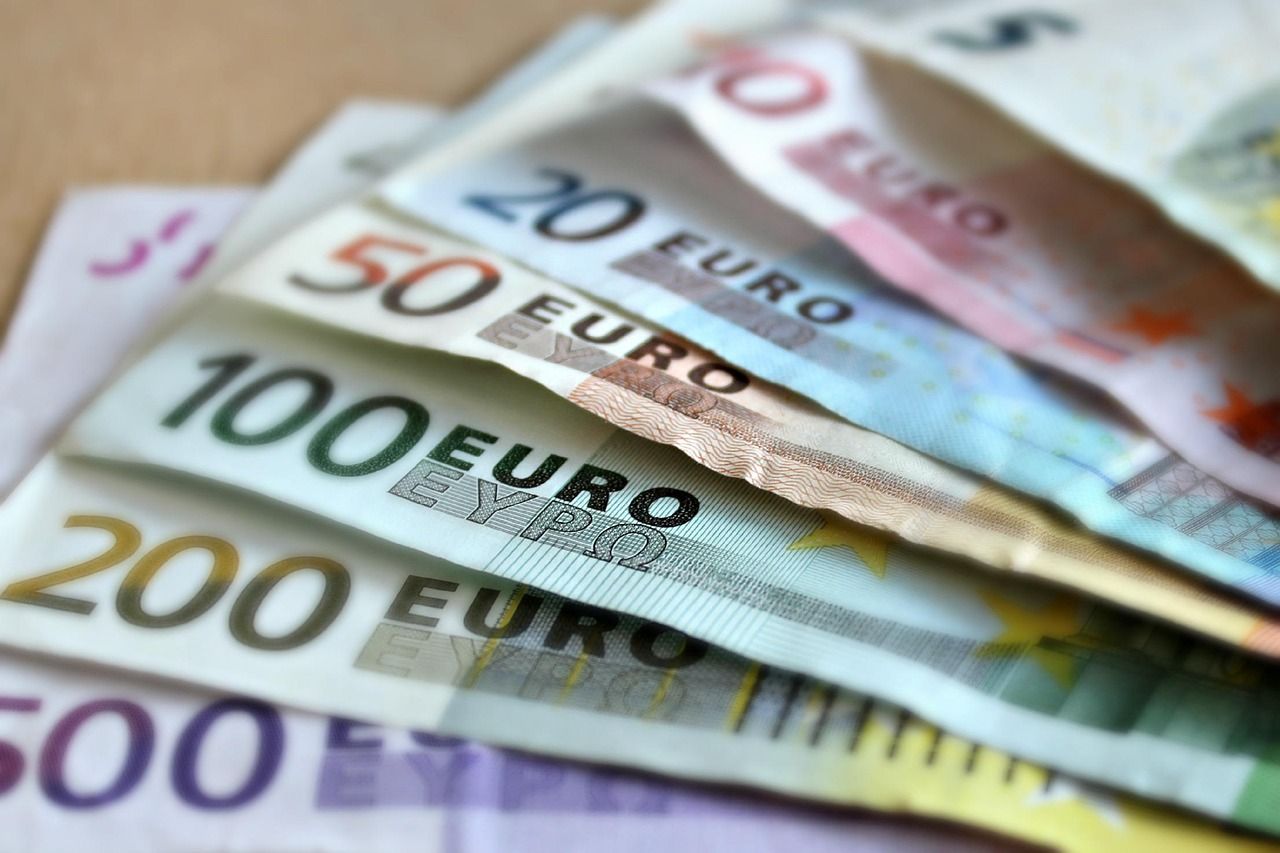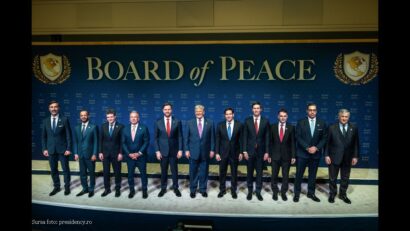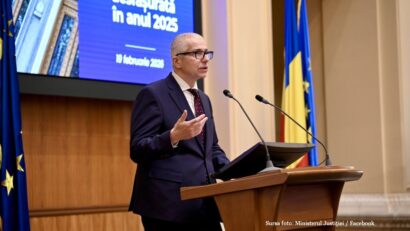Structural and cohesion funds for Romania
Romania is in line with the EU absorption average in terms of the absorption of structural funds.

Ştefan Stoica, 16.12.2024, 13:50
Romania has collected 1.9 billion Euros from the structural and cohesion funds financed in the financial year 2021-2027, the Minister of Investments and European Projects, Adrian Câciu, announced at the end of last week in a Facebook post. According to him, the general absorption rate, of 6.11%, places Romania in line with the European Union average, which is 6.19%. Things are even better for the programs managed centrally by the Ministry of Investments and European Projects and the Ministry of Transport, where the absorption rate of structural and cohesion funds stands at 7.3%.
In the last few days alone, more than 650 million Euros have been collected from the structural and cohesion funds related to the 2021-2027 financial year, and reimbursements from the European Commission continue at the pace we predicted, considering that Romania has signed contracts worth over 31 billion Euros, Adrian Câciu wrote. However, he pointed out that Romania still has to catch up on the Regional Programs, where the absorption rate is only 3.2%. Adrian Câciu said he was convinced that the model that the current coalition made up of the Social Democratic Party (PSD) and the National Liberal Party (PNL) has set in terms of managing and implementing European funds, including their decentralization, will be continued by the future governing coalition, and the rate of absorption of European funds will be sustained so as to repeat the success of European money absorption from the 2014-2020 financial year.
On the other hand, the former European Commissioner Corina Creţu claims that there is no locality in Romania that has not benefited from European funds, a fact that is due to Romania’s EU membership. The statement comes as if to give a reply to the tireless detractors of the European Union, including those in the new Parliament, who, under the name of sovereigntists, hardly hide their anti-Western sentiment. In 2023, Romania was on first place in terms of funds received, related to the population, Corina Creţu stated, citing a Euronews analysis. The former Commissioner for Regional Policy recalls that, since joining the European Union in 2007, Romania has received over 95 billion Euros worth of non-reimbursable funds, for a contribution of less than 30 billion Euros. Among the major projects that have benefited from European funds are several large regional hospitals, the Transport Master Plan, highway sectors, railway rehabilitation, the metro line that will connect Otopeni, the largest airport in the country, to the North Railway Station and, last but not least, the suspension bridge over the Danube from Brăila, the third largest in Europe and one of the most important infrastructure projects in Romania, in the last 30 years. (LS)






























